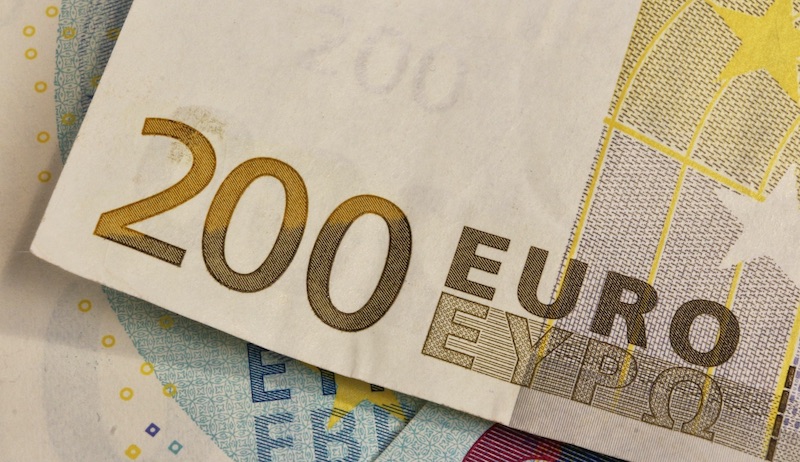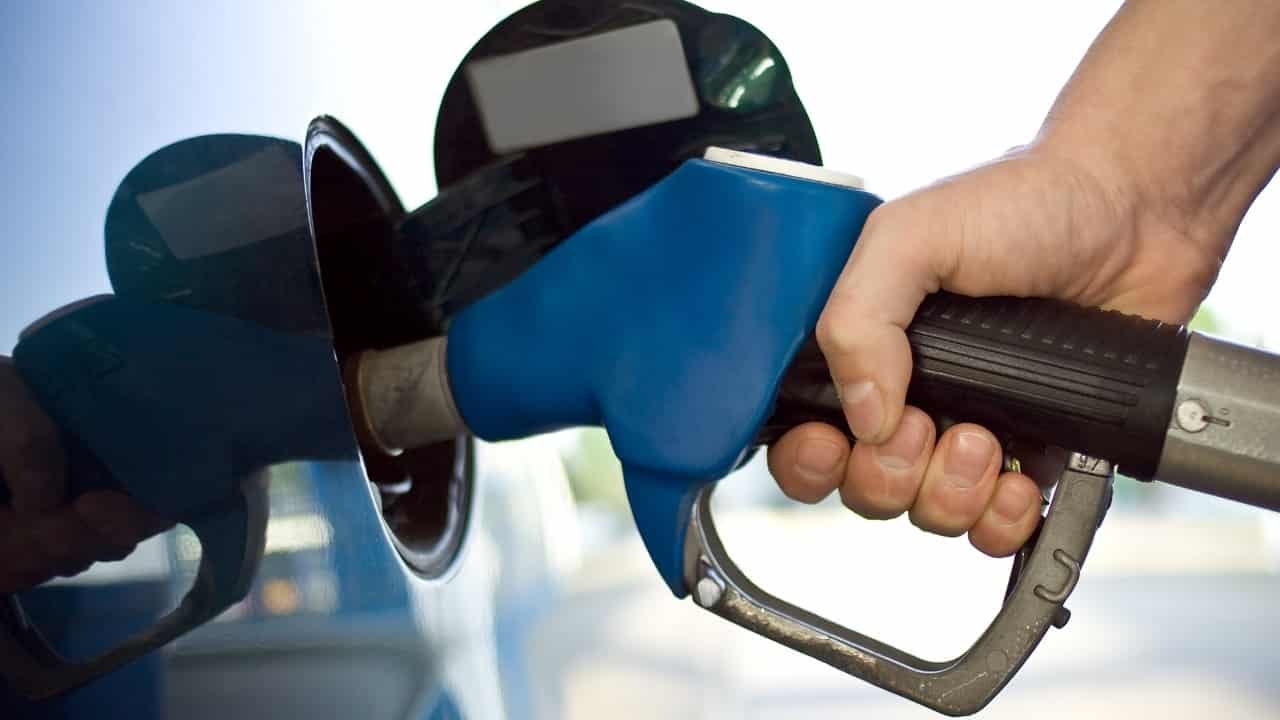The expensive petrol holds the bench. Especially because the government, with a decision that is causing strong controversy, has decided not to extend the discount on excise duties.
Luca Ciriani, Minister for Relations with Parliament expressed his opinion on the painful choice. Ciriani said the measure “costs over a billion a month. The government has decided to use those resources to increase minimum pensions, to cut the tax wedge, therefore all social measures. It is clear that if there is the possibility, and the accounts allow it, as soon as possible we will also be able to reduce the cost of petrol. But I remember that we have committed 30 billion to reduce the cost of bills.”
However, on Tuesday 10 January the government approved a decree-law which aims to combat the high price of petrol.
Among other things, the decree contains an extension of the 200 euro petrol bonus until March.
Let’s see how the decree-law is structured.

The decree on the transparency of fuel prices
This is the name of the decree desired by the government, “which introduces urgent provisions on the transparency of fuel prices and the strengthening of the control and sanctioning powers of the Price Guarantor.”
First of all, the 200 euro petrol bonus has been extended until March. Let’s find out more closely about this and the other points of the decree.
Extended petrol bonus. The recipients
The petrol bonuses for employees will therefore also apply for the January-March 2023 quarter.
But who, specifically, are the recipients?
The petrol bonus, or more precisely the fuel bonus, can be paid by private sector employers to their employees. Employees of professional studios are also entitled to it. And, as we read in the circular of the Agenzia delle Entrate dated 14 July, “even subjects who do not carry out a commercial activity and self-employed workers, provided they have their own employees”.
On the other hand, “public administrations are excluded from the private sector and, consequently, from the subsidy in question”.
Delivery mode
Employees do not have to ask any questions.
The petrol bonus will be paid directly by the employer, at its discretion, in the form of a voucher, “in compliance with the conditions and limits established by law, even ad personam and without the need for prior contractual agreements, provided that these are not paid in place of performance bonuses”. And it will have a maximum value of 200 euros.
Also for the quarter of 2023, as the government note states, the subsidy “does not contribute to the formation of income from employment.”
This means that, in order not to be taxed, goods and services supplied during the tax period by the employer to each employee can reach a value of 200 euros for one or more petrol vouchers, and a value of 258.23 euros for all other goods and services (including any additional petrol vouchers).
Fuel bonuses
The precise wording of the concession would be fuel bonuses. Because, as we read in the July circular, these are “disbursements paid by private employers to their employees for refueling for motor vehicles (such as petrol, diesel, LPG and methane).”
The circular also specifies how “the provision of vouchers or similar titles for recharging electric vehicles must be included in the benefit in question, also in order not to create unjustified differences in treatment between different types of vehicles.”
The other measures
The government decree against expensive fuel includes three other measures. Meanwhile, the obligation becomes daily for “those who sell automotive fuel to the public for civil use” (in short, petrol stations) to communicate the sale price charged.
This means that the national average daily price, established by the Ministry of Enterprises, and the one charged must be displayed “with specific evidence”.
Furthermore, for merchants who do not adapt to the new rule, administrative sanctions will be strengthened. And, in the event of a recurrence, the activity can be suspended for a period of seven to ninety days.
The links between the Price Guarantor and the Antitrust, and between the Guarantor and the Guardia di Finanza will also be strengthened, “to supervise and repress speculative conduct in the bud.”
Finally, an Early Warning Commission will be set up to monitor prices.
















Leave a Reply
View Comments